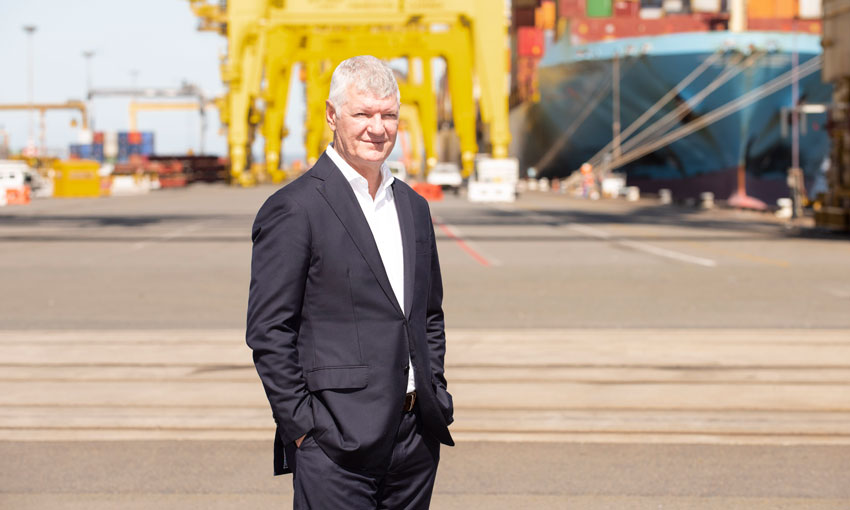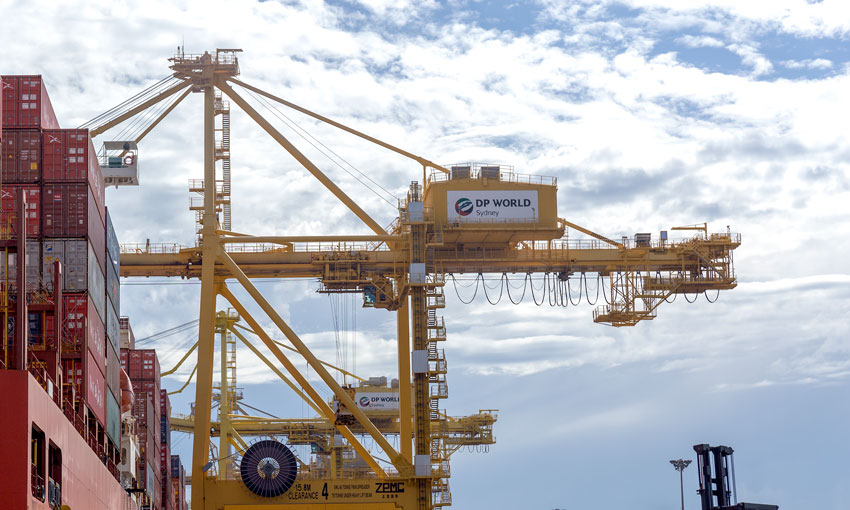STEVEDORE DPWA has cited the impact of COVID-19 on customers for its decision to defer a decision on raising terminal access charges until next year.
According to DPWA, the decision was made to help alleviate the burden for customers and consumers ahead of a busy Christmas period, albeit rising charges could not be put on hold indefinitely.
DPWA chief operating officer Andrew Adam said they were proud of their efforts in ensuring a steady flow of goods during 2020 and as with most regulated sectors, charges were being adjusted to further align costs more equitably across the supply chain.
“We placed our terminal access charges on hold as the country went through the worst of the economic downturn due to the COVID-19 pandemic,” Mr Adam said.
“But as we start to see early signs of a recovery, we must continue to assess our business operations, as you would expect in a competitive market.
“Australia’s stevedores have made considerable investments in new and innovative infrastructure and technology over the past eight to 10 years, delivering tangible benefits for business owners, transport operators, and Australian households.”
Mr Adam said as a result of ongoing investments, landside operations at DPWA’s terminals continued to be “some of the most efficient” in global stevedoring.

“Rebalancing of terminal charges ensures DP World Australia can continue improving port infrastructure to safeguard the competitiveness and sustainability of Australian ports.”
See DPWA changes to landside charges at Sydney here.
Meanwhile changed ancillary charges are to be implemented at DPWA from 1 January.
These changes are said to allow DPWA to continue investments in improving port infrastructure, safeguarding competitiveness, and maximising efficiencies for port users.
See landside charges changes to Brisbane, Melbourne and Fremantle.
DPWA says it is also working across jurisdictions to align with the Victorian government’s new Voluntary Port Performance Model, their own Carrier Access Agreement and New South Wales government regulations.
Container Transport Alliance Australia director Neil Chambers said it was pleasing DPWA had decided not to increase terminal access charges in the current climate, noting the last ACCC report showed TACs making up a significant percentage of stevedore revenue.
“We are wary however that such a respite from access fee increases might not last ,” Mr Chambers said.
“DPWA has mentioned that its long-awaited new enterprise agreement with its workforce will come at a cost, including annual wage increases over the next three years.
“There will be an overwhelming temptation to recover these rising labour costs from the landside sector through increased access fees, rather than increasing rates on the stevedores’ traditional customers, the shipping lines.”
Mr Chambers urged DPWA to double efforts to work with road and rail transport providers to improve turnaround performances and allow transport operators to maximise vehicle utilisation.
“We need to offset the higher cost of access with productivity improvements. This can only be achieved through mutual efforts at the terminal level.”

